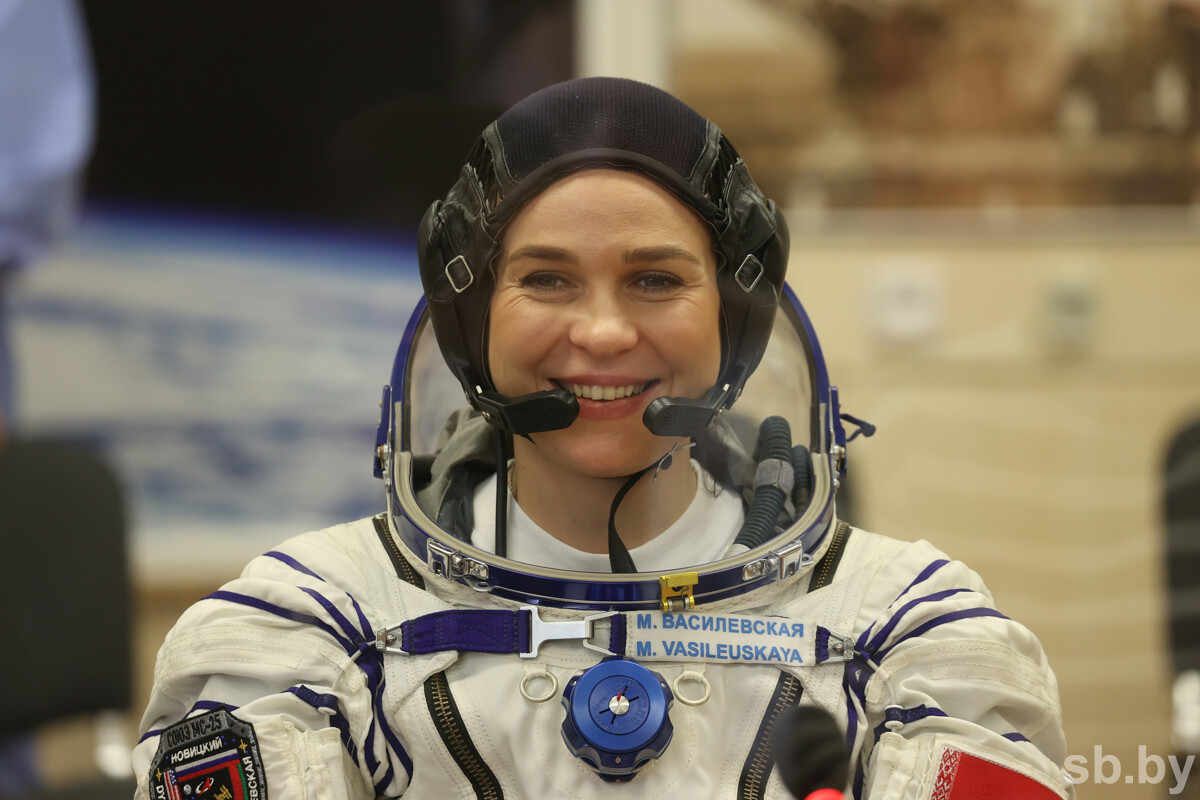Belarusian cosmonaut Vasilevskaya's return to Earth scheduled for 10:19am on April 6th
According to the Roscosmos State Corporation, the return of the crew of the Soyuz MS-24 spacecraft, comprising the commander, Hero of Russia, the native of Belarus Oleg Novitsky, the first female cosmonaut of Belarus Marina Vasilevskaya, and NASA astronaut Loral O'Hara, is scheduled for 10:19am on April 6th, BelTA reports

The spacecraft is expected to land in Kazakhstan's steppe, near the towns of Zhezkazgan and Arkalyk. To ensure the safety of the landing, specialists from the medical service of the Russian Armed Forces, Russian pilots, and ground search and rescue teams have completed the regrouping of forces. “Military medics of the Central Military District as part of Russian search and rescue groups have taken up new operational positions near the main and reserve landing areas of the Soyuz MS-24 spacecraft. Russian specialists will be on air and ground duty within the areas of Zhezkazgan and Arkalyk to timely detect the descent vehicle and ensure the safety of the crew of the Soyuz MS-24 spacecraft,” the district’s press service noted.
About 200 servicemen, Mi-8 helicopters, An-12, and An-26 aircraft, as well as ground equipment, including Russia’s Blue Bird search and rescue vehicles PEM-1 and PEM-2, will be involved in the search and rescue support of the crew meeting.
Preparations for the landing of the Soyuz MS-24 manned spacecraft are also underway at the International Space Station (ISS). According to Roscosmos, the crew members checked the tightness of the Sokol-KV2 emergency suits before the descent, dried the spacesuits and gloves, stored them in the orbital module of the spacecraft, fitted the Kentavr compression garments, and stowed the equipment being removed in the spacecraft.
Meanwhile, Marina Vasilevskaya continues to implement the scientific programme developed by the National Academy of Sciences together with Roscosmos and the Russian Academy of Sciences. It includes seven experiments, of which five are research and two are educational. Scientific research is carried out in biology, physiology, autonomous operation of space stations, and remote sensing of the Earth using Belarusian-made photo and video spectral equipment located on the ISS. Lactoferrin (LTF protein) and probiotics produced by scientific organisations of the National Academy of Sciences of Belarus are also being studied for their subsequent possible use in the creation of food for cosmonauts.



